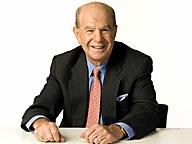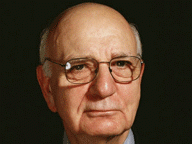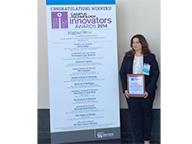Faculty News
—
Prof. Arun Sundararajan on government regulation of the online "sharing economy"
—

Excerpt from WIRED -- "...today’s internet is not just for sharing information and commerce and things: It’s now the internet for sharing and accessing real-world services. We may call it the “sharing” economy (its philosophical roots are in peer-to-peer), but the services in it aren’t free or reciprocal – these are real markets in which you pay for what you get. However, this doesn’t mean we need to regulate it with the structures and rules of the real world. It’s a mistake to assume that just because technology provides “new leverage for old behaviors” that we need old ways of regulating new things."
Faculty News
—

Excerpt from WIRED -- "...today’s internet is not just for sharing information and commerce and things: It’s now the internet for sharing and accessing real-world services. We may call it the “sharing” economy (its philosophical roots are in peer-to-peer), but the services in it aren’t free or reciprocal – these are real markets in which you pay for what you get. However, this doesn’t mean we need to regulate it with the structures and rules of the real world. It’s a mistake to assume that just because technology provides “new leverage for old behaviors” that we need old ways of regulating new things."




















